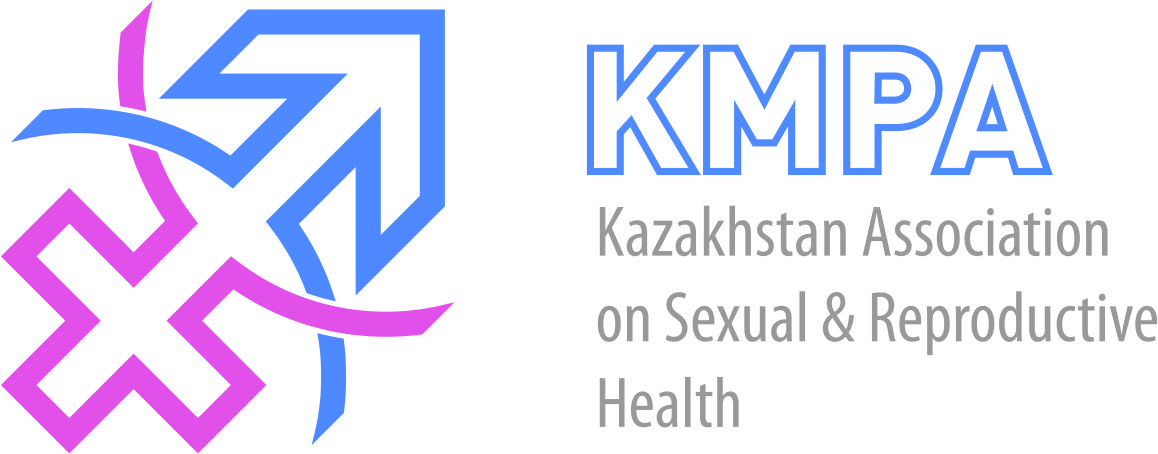

| 31 March 2016
Kazakhstan Association on Sexual and Reproductive Health (KMPA)
The Kazakhstan Association for Sexual and Reproductive Health (KMPA) was established in 1996. In 2002 KMPA became a full Member Association of IPPF. The organization currently has 9 branches and 4 regional offices in Almaty, Kostanay, Shymkent and Nur-Sultan. In total, there are 13 branches of KMPA. The organization’s activity is based on protecting the right of youth, men, and women to quality medical services and information in the field of sexual and reproductive health (SRH). KMPA conducts training of youth to prevent underage pregnancy, sexual and gender-based violence (SGBV), and the spread of sexually transmitted infections (STIs), including HIV. In addition, KMPA implements projects on family planning and promoting contraceptive methods to prevent unintended pregnancies. KMPA focuses on the following goals: (1) advocacy of sexual and reproductive rights; (2) elimination of unsafe abortion; (3) promoting condom use to prevent HIV/AIDS and decreasing stigma against people living with HIV/AIDS; (4) educating youth and teenagers on sexual and reproductive health and rights (SRHR) to allow choice and safe relations; (5) advocating for access to SRH services; (6) training healthcare professionals on family planning, contraception, safe abortion, antenatal care and consultation skills; and (7) training of teachers on SRHR, CSE, prevention of SGBV and promoting gender equality. KMPA seeks to improve the reproductive health of the population of Kazakhstan, especially the socially vulnerable, the poor, and young people, by protecting the basic reproductive rights of women, men, and young people, ensuring free and informed choices regarding SRH, providing comprehensive sexual education and high-quality information, and promoting access to SRH services. KMPA bases its activities on the principles of gender equality, freedom of decision-making and voluntary participation.

| 31 March 2016
Fianakaviana Sambatra, Madagascar
Relative to much of Africa, Madagascar has high levels of contraceptive use, but high birth rates coupled with endemic poverty and limited government-led sexual and reproductive health (SRH) provision mean that child mortality and maternal death figures are high. Fianakaviana Sambatra (FISA) has been fighting since 1967 to improve the nation’s SRH through advocacy, education and direct service provision. Currently, it runs 67 service points, including: 11 permanent clinics, 3 mobile units and 12 community-based services (CBSs), across 6 of the country’s regions. FISA works with 5 associated clinics and 29 private practitioners. FISA has 70 full-time staff, 184 peer educators, and a youth action movement made up of 42 members. FISA delivers a wide range of services: family planning, prevention and management of HIV and the provision and dissemination of comprehensive SRH materials. FISA has used its on-the-ground experience to advise government on national SRH policy. It has partnered with the Ministry of Health, Family Planning and Social Protection, and the Ministry of Youth to advocate for a concerted approach to resolving the critical SRH issues currently facing the country. At the same time, it works with non-governmental organizations (NGOs) such as Marie Stopes International, and the ASSONG coalition of NGOs. FISA receives financial support from UNFPA, the Big Lottery Fund, Amélioration de la Qualité De Services, the EU and IPPF’s Japan Trust Fund. It’s also closely connected to other organizations promoting SRH rights across the country and the region.







